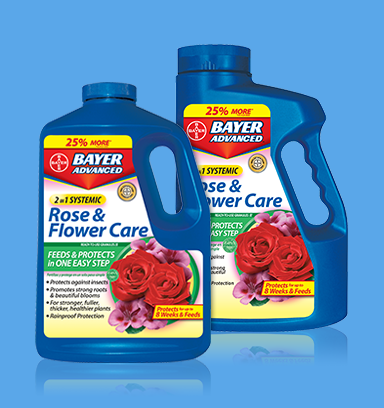
BayerBee killer.
Not only do manufacturers of bee-killing pesticides still insist that their products should be sold — now they are saying that everybody else needs to be doing more to help save the bees.
Syngenta and Bayer say that their poisonous products do not kill bees, despite a bevy of evidence suggesting otherwise. (The complex problem of colony collapse disorder, in which the pesticides are heavily implicated, is getting worse, by the way — not better.) Their neonicotinoid-based pesticides may soon be outlawed soon by the European Commission, and beekeepers and activists are suing the EPA as they push for a similar ban here.
But the chemical companies want us to know that they care deeply about these pollinators. And they have kind-heartedly published a plan they think could help the rest of us boost bee populations.
After all, if neonicotinoids are banned, they say, then we may never truly understand how they affect bees. Imagine living without that kind of knowledge.
Syngenta and Bayer, which say harmful effects of the pesticides on bees are unproven and that a ban would deal a blow to the EU economy, proposed a plan that includes the creation of more flowering field margins to provide habitats for bees.
They also proposed a field monitoring program to detect the neonicotinoids pesticides blamed for the decline of honeybees, measures to limit the exposure of bees to the products and more research into the impact of parasites and viruses.
“This comprehensive plan will bring valuable insights into the area of bee health, whereas a ban on neonicotinoids would simply close the door to understanding the problem,” Syngenta Chief Operating Officer John Atkin said in a statement.
All you organic gardeners and pollinator lovers, consider yourselves called out: Pesticide-producing corporations say you need to do more to help save the bees that they are killing. Consider volunteering for a bee monitoring program or something.



